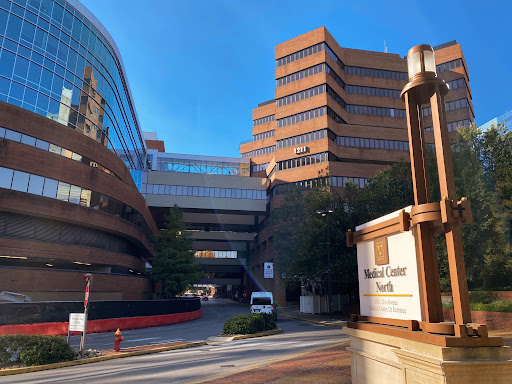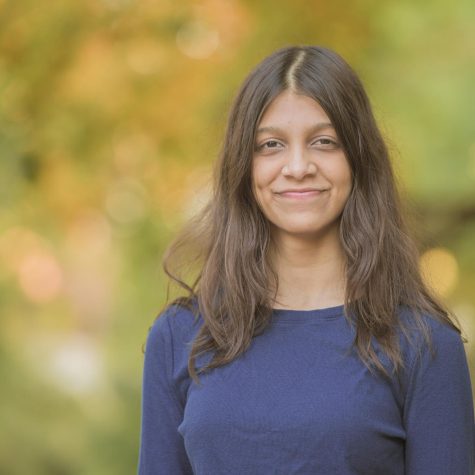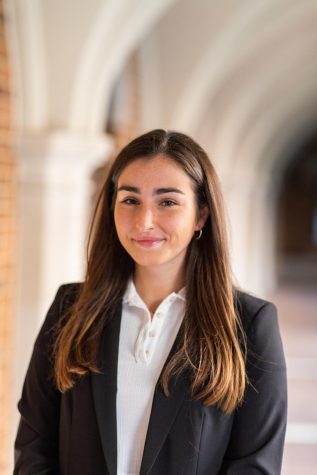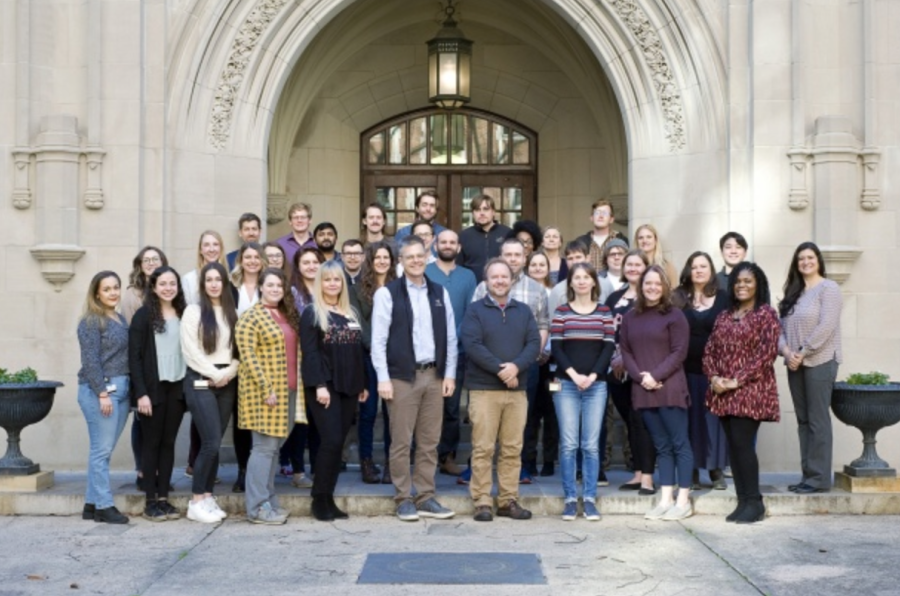Using LIBRA-seq (Linking B cell Receptor to Antigen Specificity through sequencing), the Georgiev Lab at VUMC identified 54042-4, an “ultra-potent” COVID-19 monoclonal antibody, according to Dr. Ivelin S. Georgiev, the principal investigator (PI) of the project.
According to Dr. Robert Carnahan, associate director of the Vanderbilt Vaccine Center, a unique antibody like 54042-4—which has different genetic and structural characteristics than those currently used to treat patients—can help proactively fight COVID-19 and its current and potentially unknown variants. Georgiev said that 54042-4 was an exceptional neutralizer.
Andrea Shiakolas, a fifth-year Ph.D. candidate in the Georgiev Laboratory, started working on the development of LIBRA-seq with Kevin Kraemer (‘21) three years ago. They aimed for this technology to be able to efficiently screen B cell receptors and isolate disease-specific and variant-specific antibodies. This discovery was published in Cell Research, a peer-review journal, in 2019.
“We were able to receive a huge amount of information with this technology, and it helped us do things at a scale that wasn’t possible before,” Shiakolas said. “A process that usually takes months up to a year is now possible in a couple of weeks or a month.”
According to Georgiev, there are “hundreds and thousands” of unidentified antibodies, and it is a tedious process to identify which disease- and variant-specific each one works against.
“LIBRA-seq screens it against multiple antigens at a time,” Georgiev said. “Theoretically, it could screen unlimited antigens. In practice, it can go up to a couple thousand, and we are constantly modifying and optimizing it.”
Initially, this technology was used by the Georgiev Lab in relation to other infectious viruses like HIV and influenza. However, after the advent of the pandemic, the lab shifted gears and started targeting SARS-COV-2.
“The original work started during the pandemic itself when we developed a couple of antibodies, two of which AstraZeneca picked up, and proceeded with Phase-3 clinical trials for,” Carnahan said.
Since then, Georgiev said that the Vanderbilt Vaccine Center and labs at VUMC have been looking for more antibodies, especially now that they had the technology in hand. According to Georgiev, the process that led to the most recent discovery of the COVID-19 antibody involved screening a sample of an individual infected with COVID-19 and then using LIBRA-seq to screen the sample against different antigens.
He said that VUMC is currently deciding the next course of action following this discovery.
“With this discovery, we have a proof of concept. We are continuing our efforts to target broader antibodies, both COVID-related and those for other viruses,” Georgiev said. “After identifying the antibody, in an ideal world, it would not take a long time to be put into clinical use. What happens next, however, is outside my purview of academia.”
Vanderbilt is also working to commercialize LIBRA-seq and expand its availability to other universities and researchers, according to Georgiev.
“We have established several collaborations for a variety of purposes,” Georgiev said. “A lot of scientists in both the field of immunology and outside are reaching out to us to work with this technology.”
LIBRA-seq and 54042-4 serve as new tools and a basis for further research. The Georgiev Laboratory worked in collaboration with the Vanderbilt Vaccine Center, the Crowe Lab at Vanderbilt, the McLellan Lab at the University of Texas-Austin, the Bukreyev Lab at the University of Texas Medical Branch-Galveston and Integral Molecular.








